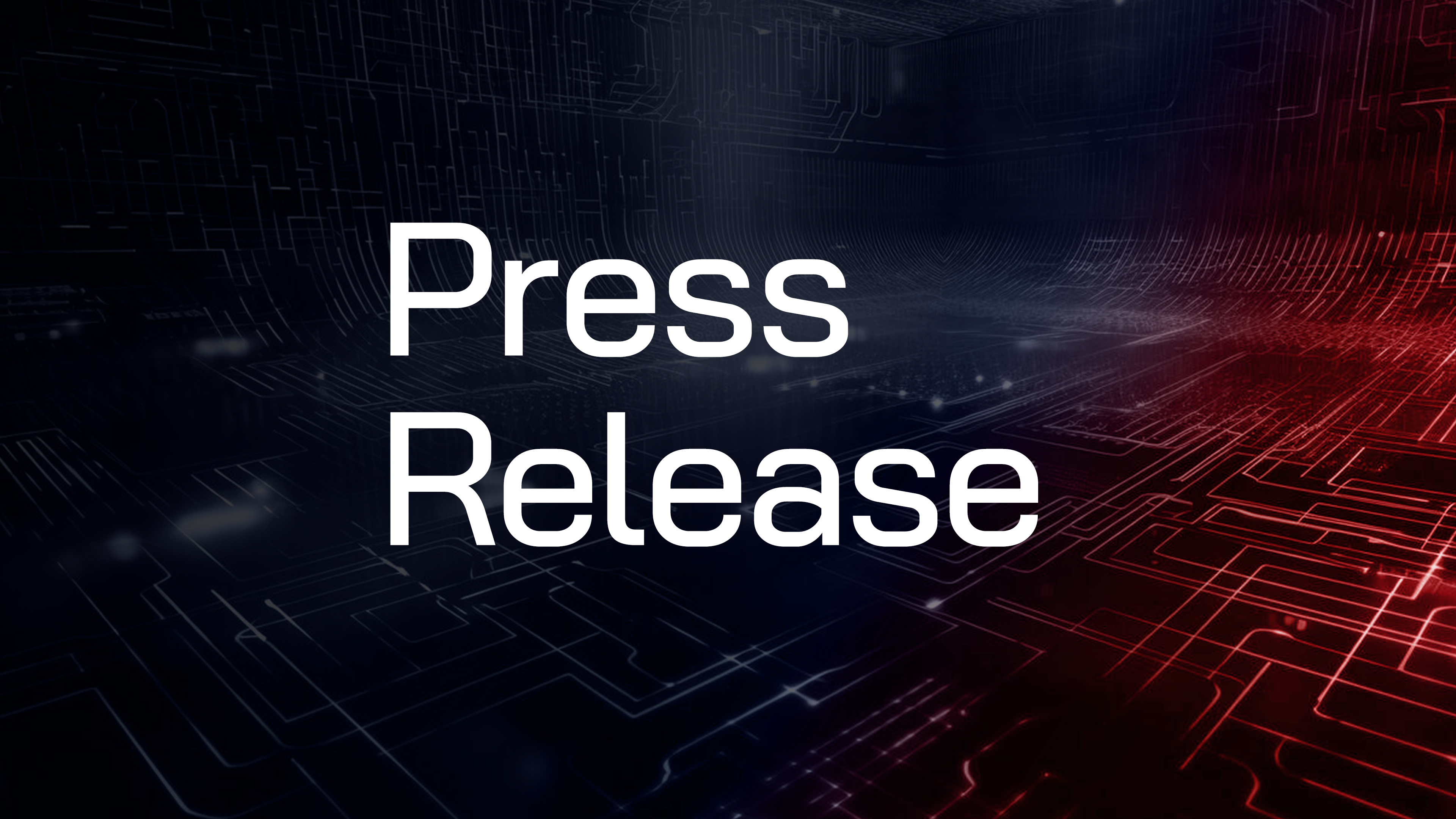
PRESS RELEASE
NATIONAL HARBOR, Md.–(BUSINESS WIRE)–Gartner Security and Risk Management Summit — Seventy percent of organizations have prioritized investment in SaaS security, establishing dedicated SaaS security teams, despite economic uncertainty and workforce reductions. This was a key finding in the fourth Annual SaaS Security Survey Report: 2025 CISO Plans and Priorities released today by the Cloud Security Alliance (CSA), the world’s leading organization dedicated to defining standards, certifications, and best practices to help ensure a secure cloud computing environment.
Commissioned by Adaptive Shield, the leader in SaaS security, the survey found that 39% of organizations are increasing SaaS cybersecurity budgets compared to last year.
“Coming off a year in which economic uncertainty and layoffs were making headlines, these results speak volumes to organizations’ realization that even the most secure systems are vulnerable to increasingly inventive threat actors,” said Hillary Baron, lead author and Senior Technical Director for Research, Cloud Security Alliance.
Additional key findings include:
-
SaaS security dedicated teams are established. For the first time, the survey identified the existence of SaaS-specific security roles: 57% of respondents have a SaaS security team of at least two dedicated full-time employees and another 13% have allocated a dedicated full-time employee.
-
Organizations managed to improve their key SaaS security capabilities. Full visibility into the SaaS stack has nearly doubled since last year, leaving companies in much better positions when it comes to preventing breaches and detecting threats. Seventy percent of organizations report having moderate to full visibility into their SaaS applications.
-
SaaS security challenges stem from using the wrong tool. Organizations are still struggling to manage misconfigurations, connected apps, and visibility into security risks. The most difficult areas to manage in SaaS security, according to the respondents, are achieving visibility into business-critical apps (73%); tracking and monitoring security risks from third-party connected apps (65%); locating and fixing SaaS misconfigurations (65%); ensuring data governance and privacy (63%); and aligning SaaS application settings with compliance standards (61%). These challenges stem from using tools such as CASB and Manual Audits. Companies that have adopted SaaS Security Posture Management (SSPM) are more than twice as likely to have full visibility into their SaaS stack — 62% of these organizations are able to oversee over 75% of their SaaS environment compared to those that utilize other tools and manual processes in their strategy (31%).
-
Despite challenges, SaaS security investment is paying off. The challenges presented clearly demonstrate that organizations are taking SaaS security seriously. In fact, the survey identified a positive trend: 25% of respondents experienced a SaaS security incident in the past two years, compared with 53% last year. The most common security incidents reported were data breaches (52%) and data leakage (50%), followed by unauthorized access (44%) and malicious applications (38%).
“To be well-equipped to tackle today’s most sophisticated threats, large enterprises now understand that investments in preventative methods are the right approach. Organizations have accumulated a wide range of tools that cover single use cases, leaving them exposed from new attack surfaces, and forcing them to manage many different solutions,” said Maor Bin, CEO and co-founder, Adaptive Shield.
“I am not surprised to see the major leap in SaaS maturity, this is 100% aligned with the exponential and rapidly growing demand we identify in the market. Just like Cloud Security Posture Management (CSPM) covers any security use case in Cloud Infrastructures, SaaS Security Posture Management (SSPM) is all about consolidation of SaaS security attack surfaces.”
The survey was conducted online by CSA in January 2024 and received 478 responses from IT and security professionals representing large organizations in various industries and locations. CSA’s research analysts performed the data analysis and interpretation for this report. Sponsors are CSA Corporate Members who support the research project’s findings but have no added influence on the content development or editing rights of CSA research.
Review the complete Annual SaaS Security Survey Report: 2025 CISO Plans and Priorities.
About Adaptive Shield
Chosen by hundreds of large enterprises, including numerous Fortune 500 companies, Adaptive Shield continues to be the trusted SaaS Security Posture Management (SSPM) and Identity Threat Detection and Response (ITDR) platform that enables security teams to stay on top of their organization’s apps, identities and any unusual user behavior in the SaaS ecosystem. Adaptive Shield leads the SaaS security space and is recognized with awards such as Gartner Cool Vendor, Frost & Sullivan’s Global Technology Innovation Leadership and the Global Infosec Awards 2024.
About Cloud Security Alliance
The Cloud Security Alliance (CSA) is the world’s leading organization dedicated to defining and raising awareness of best practices to help ensure a secure cloud computing environment. CSA harnesses the subject matter expertise of industry practitioners, associations, governments, and its corporate and individual members to offer cloud security-specific research, education, training, certification, events, and products. CSA’s activities, knowledge, and extensive network benefit the entire community impacted by cloud — from providers and customers to governments, entrepreneurs, and the assurance industry — and provide a forum through which different parties can work together to create and maintain a trusted cloud ecosystem. For further information, visit us at www.cloudsecurityalliance.org, and follow us on Twitter @cloudsa.
- SEO Powered Content & PR Distribution. Get Amplified Today.
- PlatoData.Network Vertical Generative Ai. Empower Yourself. Access Here.
- PlatoAiStream. Web3 Intelligence. Knowledge Amplified. Access Here.
- PlatoESG. Carbon, CleanTech, Energy, Environment, Solar, Waste Management. Access Here.
- PlatoHealth. Biotech and Clinical Trials Intelligence. Access Here.
- Source: https://www.darkreading.com/cloud-security/cloud-security-alliance-survey-finds-70-of-organizations-have-established-dedicated-saas-security-teams



